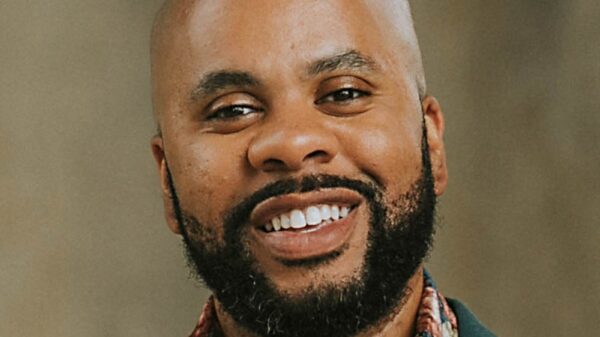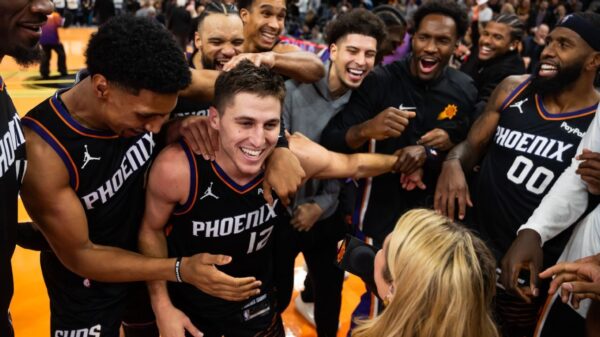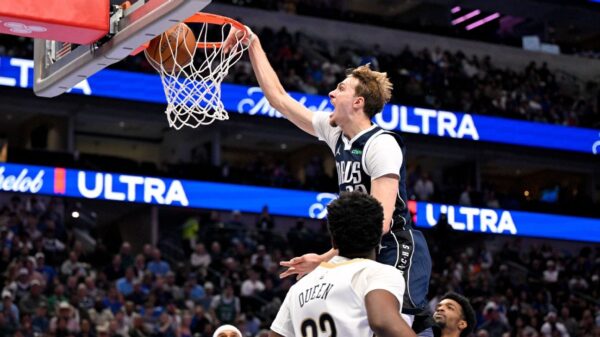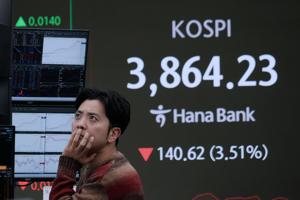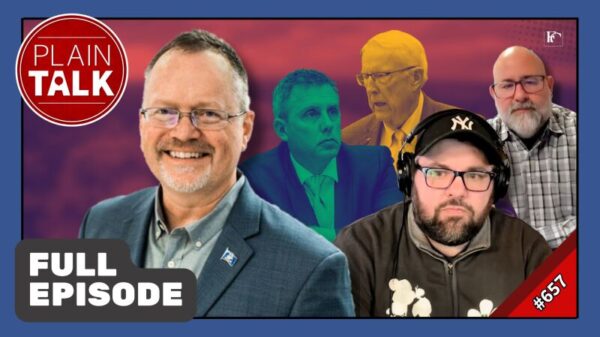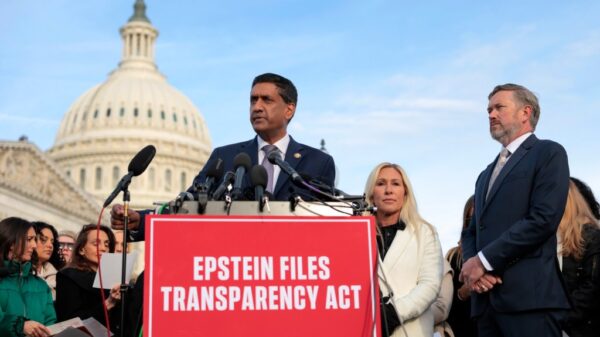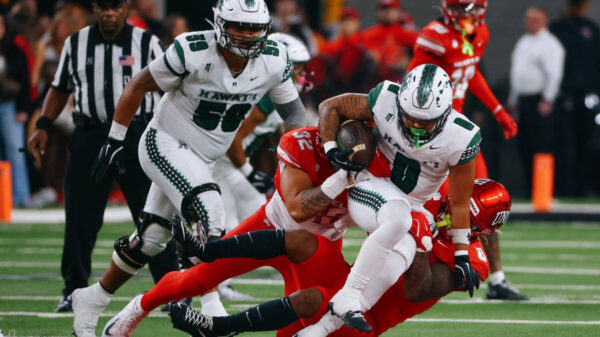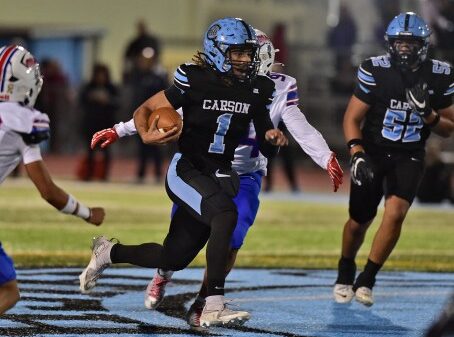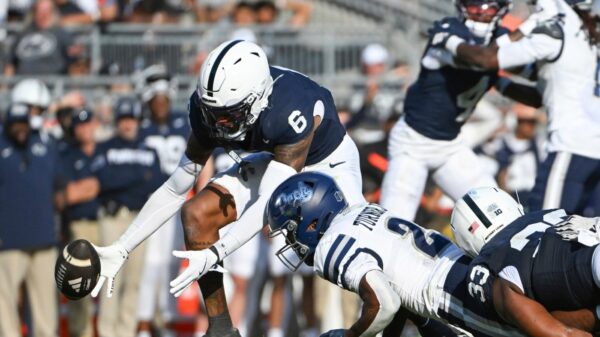URGENT UPDATE: NBA Commissioner Adam Silver has issued a stark warning regarding the league’s ongoing betting scandals, stating they were “easy to see coming” due to the fractured legal landscape across the United States. Speaking at the Tuned In Summit in New York this week, Silver emphasized that the haphazard regulatory environment significantly hampers the NBA’s ability to maintain integrity in the game.
Silver pointed out that the 2018 Supreme Court decision to repeal the Professional and Amateur Sports Protection Act (PASPA) has resulted in a patchwork of state laws that complicate oversight. With 39 states currently allowing some form of legal betting, he described the situation as akin to “working with one arm tied behind our back.” This chaotic system has left the league vulnerable to manipulation, with recent incidents illustrating the potential dangers.
In a shocking turn of events, the NBA banned former Toronto Raptors player Jontay Porter for life in 2024 after he was found guilty of betting on games and intentionally altering his performance to benefit a gambling group. Porter confessed to federal wire fraud, raising alarms about the integrity of player conduct and further investigations into other players, including Terry Rozier of the Miami Heat and free agent Malik Beasley. While no charges have been filed against Rozier or Beasley, both are under scrutiny for anomalous betting patterns linked to their performances.
Silver’s concerns extend beyond individual player misconduct; he has raised red flags about the growing prevalence of prop bets. These bets, which focus on player statistics rather than game outcomes, present unique challenges for regulatory bodies. Some sportsbooks have already restricted prop bets for certain players, but Silver insists that the NBA will continue to advocate for comprehensive limits.
The commissioner stressed that ensuring the honesty of games must take precedence over the lucrative allure of offering every possible bet type. Despite these challenges, Silver maintains that legal sports betting is safer compared to unregulated markets, which historically generated billions of dollars in illegal revenue without any oversight. Today, licensed operators work alongside integrity firms and the league to detect irregular activities, providing a level of transparency that was sorely lacking in the past.
As Silver concluded, the pressing question is not whether betting should be allowed, but how it should be managed to protect the sport. He cautioned that without a unified framework across states, the NBA and other leagues will continue to grapple with issues that could have been prevented with clearer regulations.
The situation is developing rapidly, and fans and stakeholders are urged to stay informed as the NBA navigates this complex landscape of gambling and integrity. What happens next will be crucial in shaping the future of sports betting in the league.

